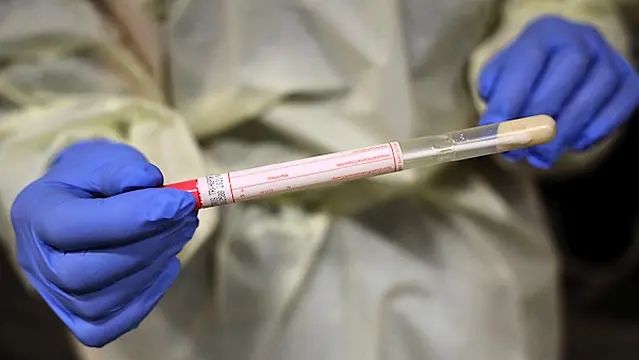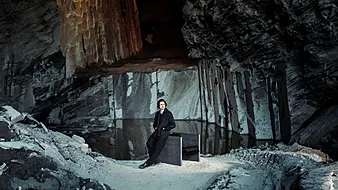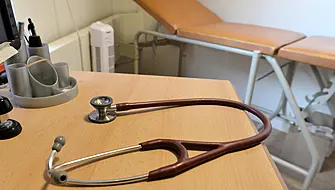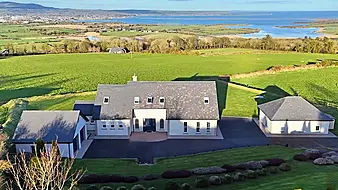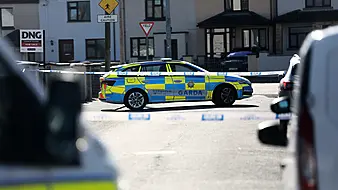The news came as two further deaths and 54 more confirmed cases of Covid-19 were recorded in the Republic on Wednesday by the National Public Health Emergency Team (NPHET).
The death toll stands at 1,775 from a total of 27,547 cases.
Of the new cases, 67 per cent are aged under 45, and 27 are associated with outbreaks or are close contacts of a confirmed case.
Nineteen of the new cases were recorded in Dublin, eight in Kildare, five in Tipperary and the rest of the cases are in Carlow, Clare, Donegal, Kerry, Kilkenny, Laois, Limerick, Longford, Louth, Meath, Offaly, Waterford and Wexford.
Responding to concern over the rising numbers of infections in Ireland, Dr Glynn gave a breakdown of where cases had been coming from over the past two weeks.
The number of #COVID19 cases that we have now in Ireland is substantially more than we were seeing even just a few weeks ago.
On average over the past 5 days we have reported 96 new cases. Our 14 day incidence now stands at over 23 per 100,000. 1/12 pic.twitter.com/480rLpJFGy— Dr Ronan Glynn (@ronan_glynn) August 19, 2020
In a series of tweets, Dr Glynn said: "Workplace outbreaks have been well documented and the large ones in meat and other food businesses account for about 360 of the cases reported in recent weeks.
"Another 40 cases have been linked to the construction sector recently. As you may be aware, we also had six clusters linked to direct provision over recent weeks, with about 90 cases linked to these clusters.
"However, these outbreaks are just part of the story. For example, while they account for approximately 500 cases between them, we have had over 1,200 cases reported in the last 14 days alone.
"So where are the rest of the cases coming from? Well last week we had approximately 75 clusters in families or extended families.
"About 3% or 36 cases over the past 14 days have been travel related, over 200 have been confirmed as community transmission and a further 200 remain under investigation."
Dr Glynn said it was a "collective problem that requires collective action".
He added: "We also need employers and organisations all across society to step up once again and ensure that they have the proper measures in place to create a safe environment for their workers, customers and members alike."
Dr Glynn's comments come after members of the NPHET sounded alarm over the escalation in cases, with the Republic's rate of growth the fourth highest in Europe.
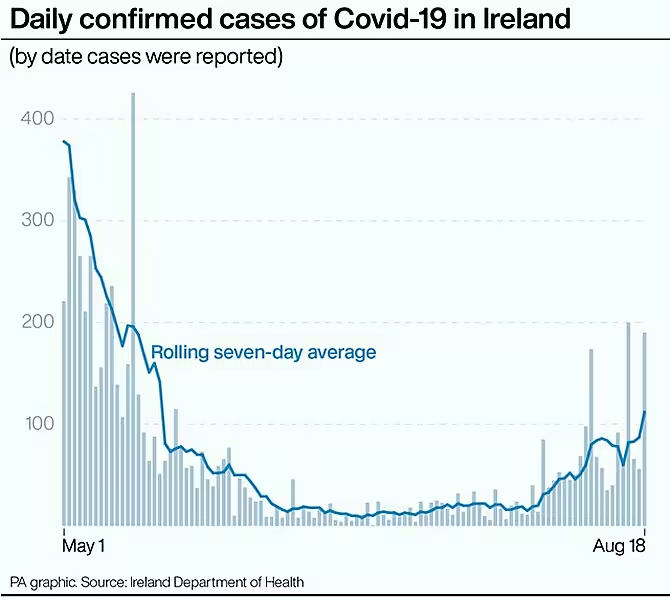
The Government announced new Covid-19 restrictions on Tuesday due to the rising infection levels in recent weeks.
Taoiseach Micheál Martin announced that all home gatherings will be limited to six people from three households in an attempt to curb the spread of Covid-19.
All sporting events are now to be held behind closed doors, with no spectators permitted to attend. All sports, including full-contact sports such as rugby, are allowed to continue training and matches.
Prof Philip Nolan, chair of the NPHET Epidemiological Modelling Advisory Group, said that the level of community transmission appeared to have doubled in the last seven days.
He warned that it was essential for the public to continue to abide by Covid-19 public health guidelines.
Speaking on RTÉ radio’s Morning Ireland, he said: “Unless we move quickly and firmly now to prevent further transmission from households into communities, we will see case numbers rising to numbers that are unsustainable.”
Meanwhile, another 34 people in Northern Ireland have tested positive for coronavirus, according to the North's Department of Health. The total number of individuals who have tested positive for the virus in the region is now at 6,505.
No further deaths with Covid-19 have been reported, leaving the tally in the region, according to the department, at 559.
